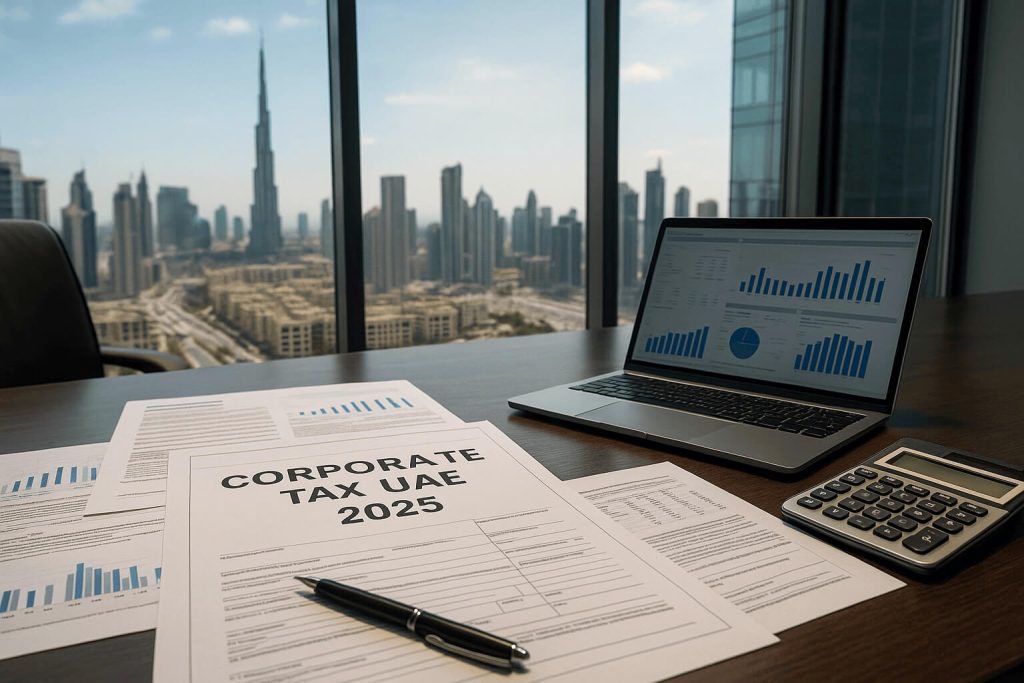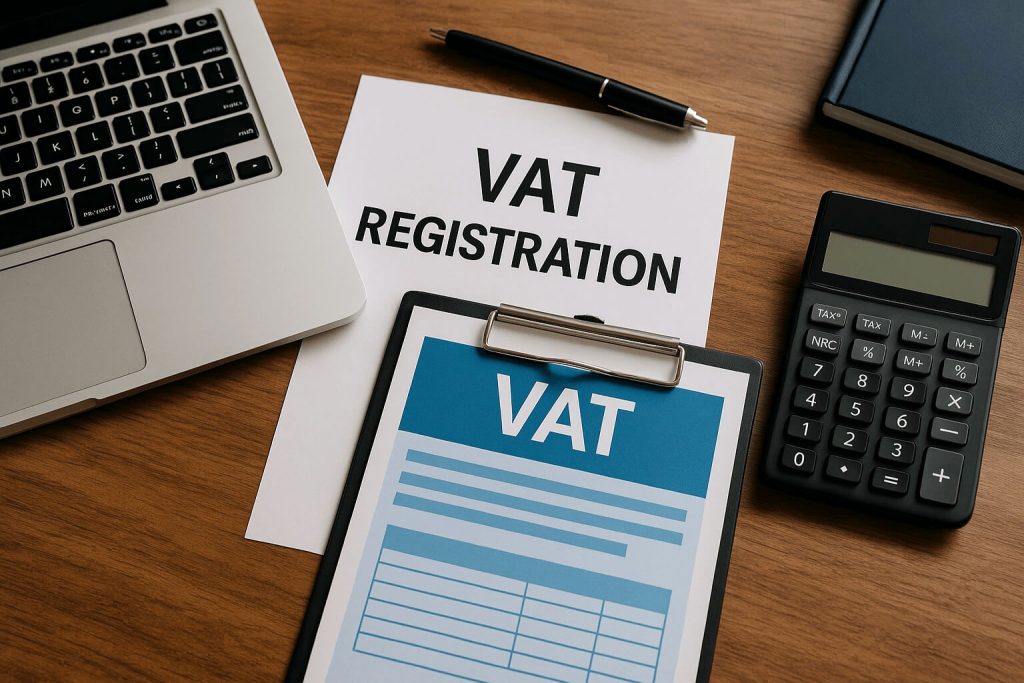Business registration in the UAE is the first strategic step for entrepreneurs aiming to enter global markets with a strong legal foundation. One of the key decisions is choosing between a free zone or mainland registration. Moreover, this choice directly affects your tax obligations, licensing process, and market access.
In this article, we break down the differences and help you decide which setup best fits your business model.
What’s the Core Difference Between Free Zone and Mainland?
Free zones are designated areas in the UAE with independent regulations that offer tax incentives and simplified processes. These zones are ideal for businesses focusing on exports, e-commerce, or international clients. Each free zone operates under its own authority and often provides streamlined company formation and office packages.
Mainland, on the other hand, refers to companies licensed by the UAE’s Department of Economic Development (DED) in each emirate. Mainland companies can operate across the UAE, enter government contracts, and serve the local market directly without restrictions.
As a result, the decision often hinges on your business goals: if you plan to target local clients or government projects, mainland is the way to go; if your focus is abroad, a free zone may offer more flexibility and fewer costs.
Tax Implications and Compliance
Since 2023, the UAE applies a corporate tax of 9% on businesses earning over AED 375,000 per year. However, companies registered in certain free zones may benefit from tax exemptions—provided they operate exclusively within the zone and meet Economic Substance Regulation (ESR) requirements.
Mainland businesses, particularly those dealing with UAE-based clients, are almost always subject to corporate tax and VAT.
Regardless of the location, once a business exceeds AED 375,000 in turnover, it must register for VAT and submit regular filings to the Federal Tax Authority (FTA). So, despite popular myths about “zero tax,” both structures carry tax responsibilities—though structured differently.
Licensing and Business Activities
Each free zone is industry-specific. For example, DMCC focuses on trade, DAFZA on logistics, and DIFC on finance. This industry focus can be advantageous: licensing is fast, and infrastructure is pre-aligned with your sector.
Mainland licenses are broader and more flexible. You can apply for commercial, professional, industrial, and tech licenses under one entity. However, the licensing process may take more time and involve government approvals.
Another consideration: mainland companies usually must lease a physical office space, while many free zones offer flexi-desk or virtual office packages—ideal for startups or remote-first teams.
Market Access and Contracts
A major advantage of mainland registration is full access to the UAE market. Only mainland-registered businesses can trade directly with local clients without intermediaries.
Free zone companies need a local distributor, agent, or a mainland branch to serve the domestic market. This adds complexity to legal and accounting processes.
Moreover, government tenders, public-sector contracts, and major real estate partnerships typically require mainland licensing.
Costs and Maintenance
At first glance, setting up in a free zone may seem cheaper. You get bundled packages that include licensing, flexi-desks, and visa quotas. However, if your business grows and you aim to engage with local partners or clients, the extra steps required may outweigh the initial savings.
Mainland registration comes with higher compliance and office space requirements, but gives you unrestricted operational freedom. Many businesses start in a free zone and later open a mainland branch as they scale.
Also, remember to factor in annual renewal fees, VAT filing costs, and—depending on the zone—even mandatory audits, especially in places like DMCC.
So, Which One Should You Choose?
It depends entirely on your strategy. If you are a freelancer, a tech startup, or an e-commerce company with clients outside the UAE, a free zone setup is probably ideal. It offers lower costs, fast registration, and minimal regulatory hassle.
If your vision includes serving UAE clients, partnering with local firms, or applying for public contracts, then mainland registration is more suitable.
More entrepreneurs are also blending both: launching in a free zone, then expanding to mainland when needed.
Business registration in the UAE is more than just a legal formality—it’s a strategic foundation for long-term growth. Moreover, choosing the right jurisdiction can help you avoid unnecessary costs, build local trust, and scale faster.
If you’re unsure which path to take, consult a qualified expert. Think not only about today’s requirements but also about your company’s future in the UAE’s dynamic business landscape.




